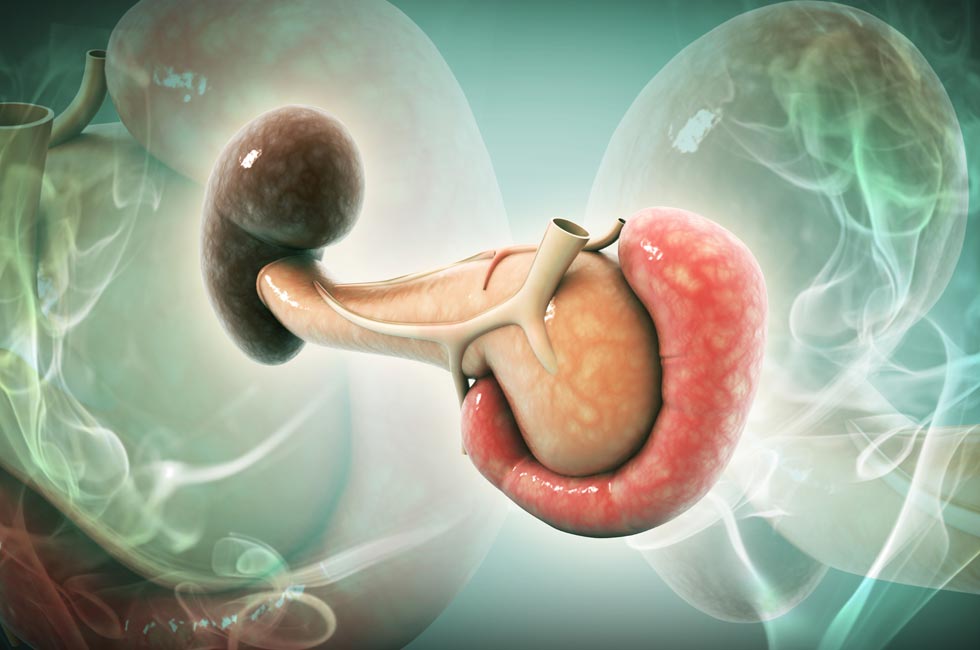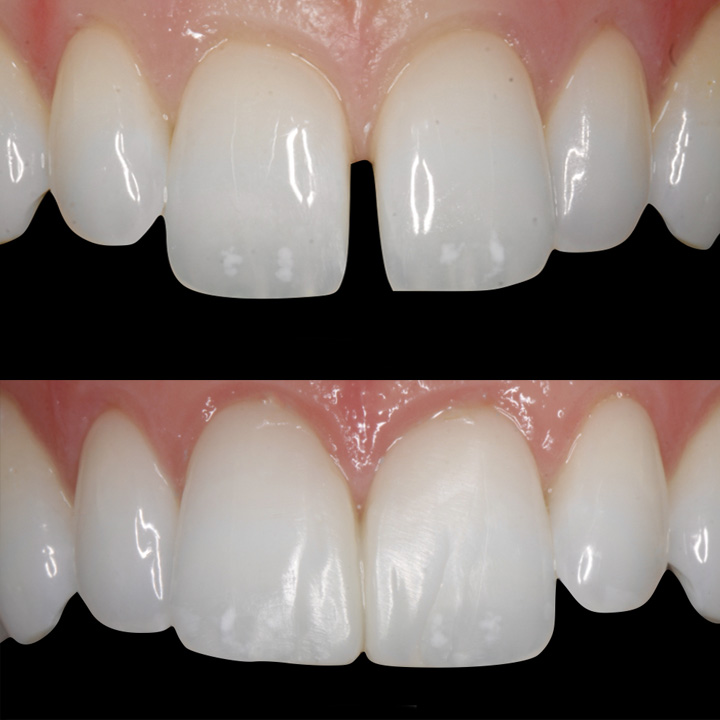
The British Dental Health Foundation believes new scientific research presented is a further indication of a possible link between pancreatic cancer and gum disease.
The latest research[3], presented in the journal Gut, found one of the bacterium key in the development of gum disease was associated with a two-fold increase in risk for pancreatic cancer. The study also discovered those with non-harmful oral bacteria had a 45% lower risk of pancreatic cancer.
Although researchers cannot confirm whether gum disease contributes towards a higher risk of developing pancreatic cancer, the research is a further indication of a potential link between the two diseases.
Previous research has also drawn an association between bacteria responsible for gum disease and pancreatic cancer, although in both cases it remains unclear whether the presence of particular types of bacteria are a cause or effect of pancreatic cancer.
The paper’s corresponding author Dominique Michaud, epidemiologist at Brown University, commented: ‘This is not an established risk factor. But I feel more confident that something is going on. It’s something we need to understand better.’
Co-lead author Jacques Izard, of the Forsyth Institute and Harvard University concurred. He said: ‘We need to further investigate the importance of bacteria in pancreatic cancer beyond the associated risk.’
Pancreatic cancer accounted for 7,901 deaths in 20104, while only four per cent of people in England survived the disease for more than five years.
Given these statistics, chief executive of the British Dental Health Foundation, Dr Nigel Carter, believes any link between the two diseases should provide a timely reminder about the importance of good oral health.
Dr Carter said: ‘This research provides further ammunition to the growing belief these two diseases could be related.
‘There is no escaping the fact poor oral health has some role to play, as a number of studies are now starting to show. What we must remember is oral health is relatively simple to maintain. The Foundation’s three key messages – brushing your teeth for two minutes twice a day using a fluoride toothpaste, cutting down on how often you have sugary foods and drinks and visiting the dentist regularly, as often as they recommend – are a great starting point for maintaining good oral health.
‘If you have swollen gums that bleed regularly when brushing, bad breath, loose teeth or regular mouth infections appear, it is likely you have gum disease. If any of these symptoms persist, your dentist may be able to help you.’
Source: dentistry.co.uk.








